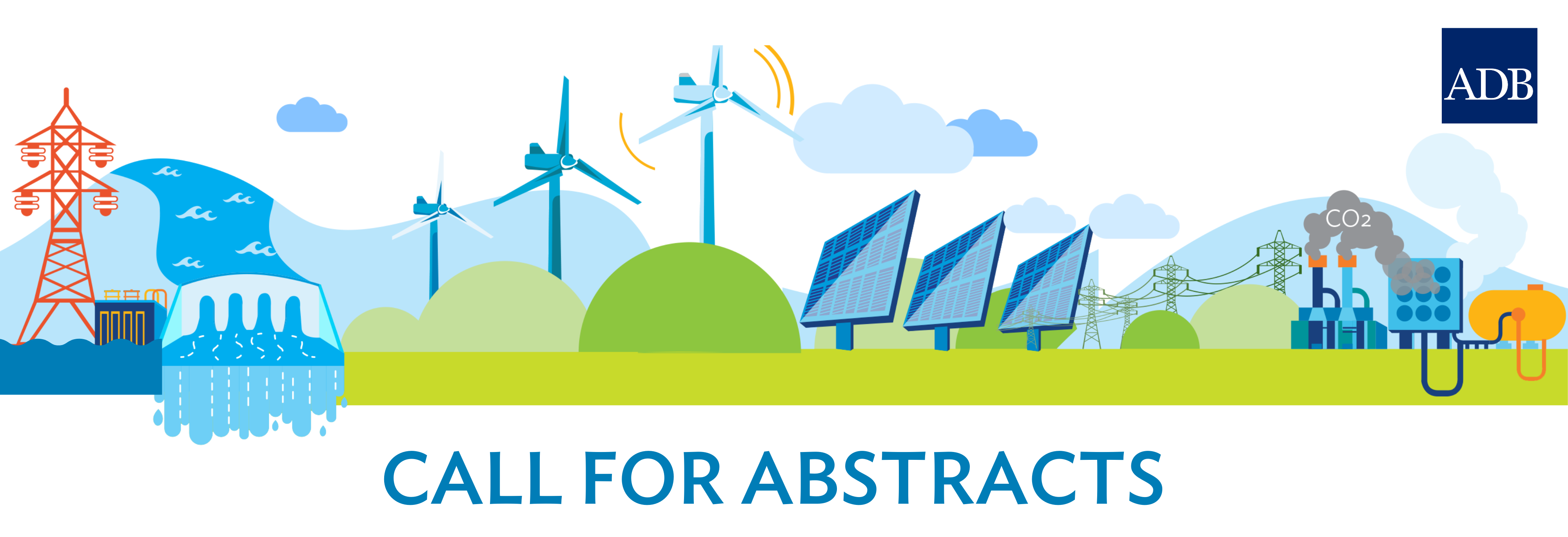
(Now Closed)
About ACEF 2022
Following on virtual ACEF events held by ADB during 2020 and 2021, ACEF 2022 will be a virtual event to be held during the week of 14–17 June 2022. The forum will feature two 90-minute virtual sessions during the day, and an evening session for side events.
The theme of ACEF 2022 will be Innovative and Integrated Solutions for a Low-Carbon and Resilient Future. The forum will be organized around three main pillars of discussion:
- Policy reforms
- Innovative low-carbon technologies, business models, and Paris-aligned financing
- Integrated approaches for cross-sectoral benefits
ACEF 2022 aims to provide knowledge and insights to developing countries in Asia and the Pacific as they work to fulfill their nationally determined contributions (NDCs) and net-zero targets by mid-century. Sessions in the forum will:
- explore innovative solutions in technology, finance, and policy to address emerging energy transition challenges;
- share best practices that highlight the multi-sectoral benefits of clean energy and contribute to attaining the sustainable development goals (SDGs); and
- create opportunities for collaboration among low-carbon programs in the region.
Clean energy practitioners from Asia and the Pacific, as well as globally, are encouraged to submit abstracts in their area of practice and expertise that align with topics in one or more of the four thematic tracks, as outlined below.
Thematic Tracks
Thematic Track 1: Policy Reforms for the Energy TransitionAchieving NDCs, net-zero commitments, and the SDGs within the shortest time frame requires coordinated and integrated action driven by strong policies. This thematic track will feature presentations and discussions around integrated energy transition pathways and strategic policies that countries are adopting to achieve their climate and development goals. Sessions in the track will also cover policy reforms and the institutional enhancements necessary for the energy transition and to stimulate action on NDCs at the regional, national, and local levels. Tentative titles for sessions in the track are:
- National Energy Transition Roadmap and Government Action
- NDCs and Integrated Energy Transition Support Programs
- The Energy Transition in Small Island Developing States and Fragile and Conflict-Affected States
This thematic track will address low-carbon technologies that are shaping the energy transition, as well as new technologies that are emerging as energy systems evolve. This track will focus on how integrated planning for energy systems will ensure that these new technologies will work efficiently and optimally with existing structures. Sessions in the track will cover emerging concerns in the large-scale deployment of innovative clean energy technologies, including managing potential environmental impacts and enhancing the resilience of systems. Tentative titles for sessions in the track are:
- Integrating Low-Carbon Technologies in Energy Planning
- Promoting a Circular Economy within the Energy Transition
- Embedding Climate-Resilient and Adaptation Strategies in Energy Systems
The clean energy transition can unlock the cross-sectoral benefits of clean energy and advance progress toward achieving the UN’s Sustainable Development Goals (SDGs). Clean energy systems can deliver basic needs, support growing economies, and improve the socio-economic condition of many disadvantaged communities. Clean energy systems are critical for climate mitigation and adaptation as they enhance the resilience of highly climate-vulnerable nations and communities. The increase in demand for these systems will support clean energy SMEs and will increasingly open opportunities in high-value green jobs, especially for women. However, the large-scale deployment and scale-up of clean energy technologies and systems can be challenging, and innovative business models and financing will be needed. Tentative titles for sessions in the track are:
- Innovative Technologies and Business Models for Electricity Access
- Cross-sectoral Applications of Renewable Energy Systems
- Green Jobs, Gender, and Development
Financing and investment that are aligned with the Paris climate targets need to be mobilized in order to enable countries to implement energy transition activities and achieve their NDCs. The financing gap for implementing NDC action may have widened since many nations raised their NDCs at COP26 (the 26th UN Climate Change Conference of the Parties). For countries to achieve their NDCs, enhanced access to climate funds, domestic and international financing sources, and private sector engagement will be critical. Tentative titles for sessions in the track are:
- Paris-aligned Public Finance
- Increasing Private Sector Investment
- Embedding and Mainstreaming Climate Resilience into Project and Infrastructure Financing
Guidance for Development of Abstracts
- Submissions should be based on successful experiences and lessons learned in the design, implementation, and evaluation of projects, programs, initiatives, and business models.
- Abstracts should focus on innovations in technology and energy systems that are more practical than theoretical.
- Abstracts should fit into the four Thematic Tracks, while also addressing the 7 Operational Priorities in ADB’s Strategy 2030.
- Abstracts can cover new and proven approaches to policy development through private and public sector collaboration; investment and financing opportunities that help drive the market; community, grassroots, and women-led initiatives; creative business models and approaches that are gaining traction in Asia and the Pacific; and detailed case studies of best practices and lessons learned throughout energy and related sectors in Asia and the Pacific.
- Each abstract must be no more than 150 words. (Abstracts longer than 150 words will not be accepted.)

You must be logged in to post a comment.